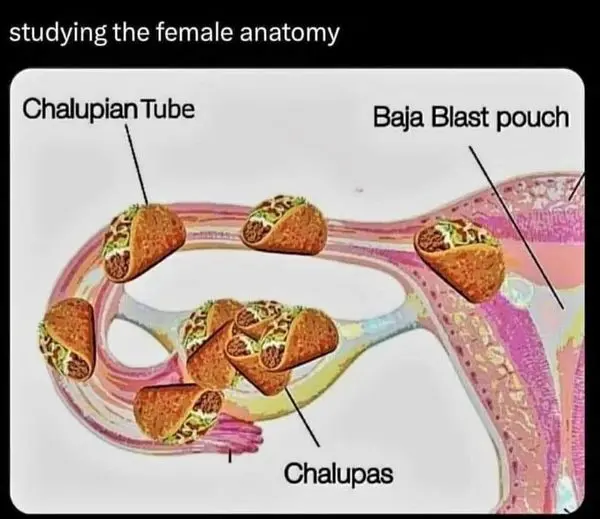

i dont even own a physical TV
Damn, do you not enjoy things like watching a movie in a theater (given all the bullshit was removed besides the movie)?
I wasn’t big on watching movies for a long time, but then upgraded my sound system for music and eventually got a decent TV, if a bit outdated. This made it more enjoyable for me to watch at home what I would have seen in a theater before, but I hate the theater experience, so I found myself watching more movies.
I agree with everything else you said sucks about the experience, I’m just curious because I don’t meet many people who don’t have a TV unless they can’t afford one.









That makes sense and sounds like how I used to be too, no real TV, just a computer or laptop and I also don’t like how they are made the center of living spaces.
I think it became a social thing for me, watching movies or listening to music with others while we sit around. I also exercise on a bike or something while watching a show if it’s too cold to actually enjoy going on a ride just for leisure. If I’m alone, I don’t end up watching it much, I’d rather read or listen to something while on my computer.